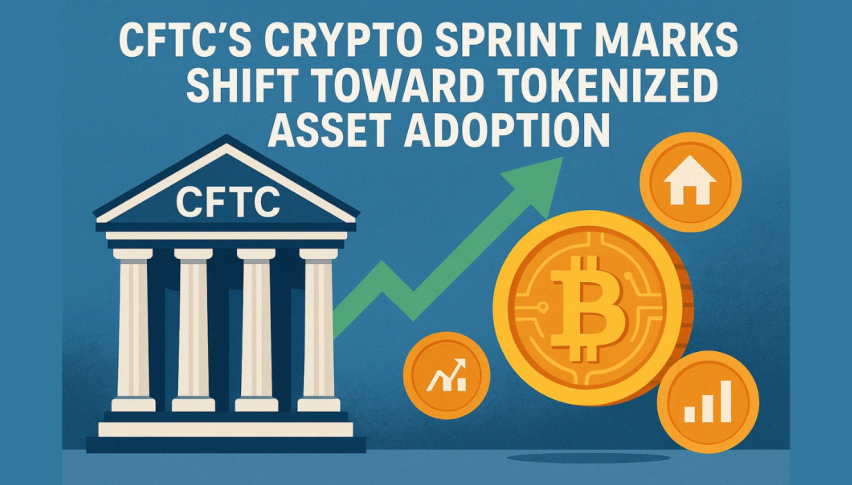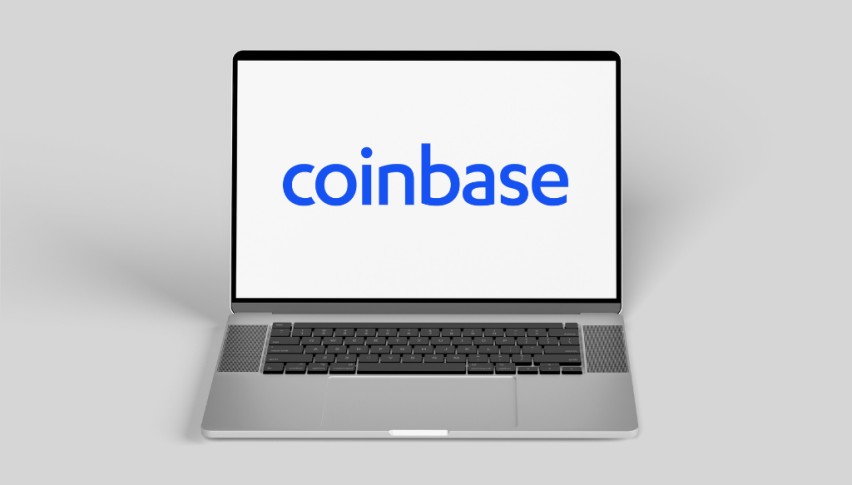CFTC’s Crypto Sprint Marks Shift Toward Tokenized Asset Adoption
The Commodity Futures Trading Commission (CFTC) is launching a new program to investigate the use of tokenized collateral...

Quick overview
- The CFTC is launching a program to investigate the use of tokenized collateral, such as stablecoins, in futures markets.
- Acting Chairman Caroline D. Pham emphasized the importance of stakeholder feedback on this initiative by October 20.
- The move follows the approval of the Genius Act, which sets guidelines for stablecoin issuers and aims to enhance market efficiency.
- Industry leaders have praised the CFTC's efforts, highlighting the potential for tokenized collateral to improve the efficiency of derivatives markets.
The Commodity Futures Trading Commission (CFTC) is launching a new program to investigate the use of tokenized collateral, such as stablecoins, in futures markets, Acting Chairman Caroline D. Pham stated Tuesday.
According to a statement, the agency’s Global Markets Advisory Committee (GMAC), chaired by Pham, suggested last year that authorities consider “the use of non-cash collateral through distributed ledger technology.”
Caroline Pham said that her agency will “work closely with stakeholders” on the scheme and will accept feedback on the use of tokenized collateral in derivatives markets by October 20.
CFTC Advances Crypto Reforms Following Genius Act Approval
The decision was made as part of the regulatory agency’s “crypto sprint” to execute the Working Group on Digital Asset Markets’ recommendations, which were appointed by US President Donald Trump.
CRYPTO SPRINT: @CFTC launches tokenized collateral and stablecoins initiative with industry partners. It’s the killer app to modernize markets and make dollars work smarter and go further, unleashing U.S. economic growth by lowering costs 🇺🇸 @circle @coinbase @cryptocom… pic.twitter.com/VLCeGNS6K5
— Caroline D. Pham (@CarolineDPham) September 23, 2025
It also came after US lawmakers approved the Genius Act, which establishes guidelines for defining and overseeing stablecoin issuers.
These market reforms will drive US economic growth by allowing market players to put their cash to work more efficiently and effectively, Pham stated.
Pham has also suggested establishing a digital asset regulatory sandbox in the United States to explore novel market structures. The public has spoken: tokenized markets exist and are the future, according to Pham. She said that the CFTC is at the forefront of responsible innovation and appreciates the industry partners’ assistance.
Earlier, the CFTC and SEC published a joint statement, bringing an end to their long-running spat over cryptocurrency oversight.
Crypto Leaders Applaud CFTC’s Stablecoin Integration into Derivatives Markets
Many crypto industry giants, including executives from Coinbase, Crypto.com, Ripple, and Tether, have praised the latest move.
Circle president Heath Tarbert stated that the GENIUS Act enables payment stablecoins issued by licensed American companies to be utilized as collateral in derivatives and other conventional financial markets.
Coinbase’s chief legal officer, Paul Grewal, also supported the plan, statiBitcoinng in an X post on Tuesday that tokenized collateral and stablecoins can unleash US derivatives markets and put us ahead of global competitiveness.
Tokenized collateral and stablecoins can unlock US derivatives markets and put us ahead of global competition. Really exciting to see @CFTC put together this initiative to modernize the market by increasing efficiency, reducing costs, and upping liquidity to the benefit of all. https://t.co/bhMuQ7MauN
— paulgrewal.eth (@iampaulgrewal) September 23, 2025
Tokenized collateral has the potential to make contracts like futures and swaps more ‘efficient’. Jack McDonald, Ripple’s Senior Vice President of Stablecoins, points out that the tokenization of real-world assets, including future cash flows, is a rapidly evolving trend in financial technology. Collateral is also used to secure traders’ obligations under derivatives contracts, reducing the risk of default.
The CFTC’s approach is an important step toward integrating stablecoins into regulated financial markets while also driving more productivity and transparency in derivatives markets, Macdonald added.
Clear standards for valuation, custody, and settlement will provide institutions with the assurance they require, while safeguards on reserves and governance will establish trust and resilience, Macdonald said.
The CFTC is opening up regulations.
The CFTC is also considering allowing the European Union’s MiCA-authorized cryptocurrency platforms to operate in American markets. The agency also intends to allow trading of “spot crypto asset contracts” on regulated futures markets in the country.
Earlier in April, the CFTC solicited public feedback on proposals for permitting 24/7 derivatives trading and input on perpetual futures offerings. Interestingly, the SEC is also investigating the idea of round-the-clock trading and has even allowed 24 Exchange to offer trading 23 hours a day, five days a week.
- Check out our free forex signals
- Follow the top economic events on FX Leaders economic calendar
- Trade better, discover more Forex Trading Strategies
- Open a FREE Trading Account
- Read our latest reviews on: Avatrade, Exness, HFM and XM


